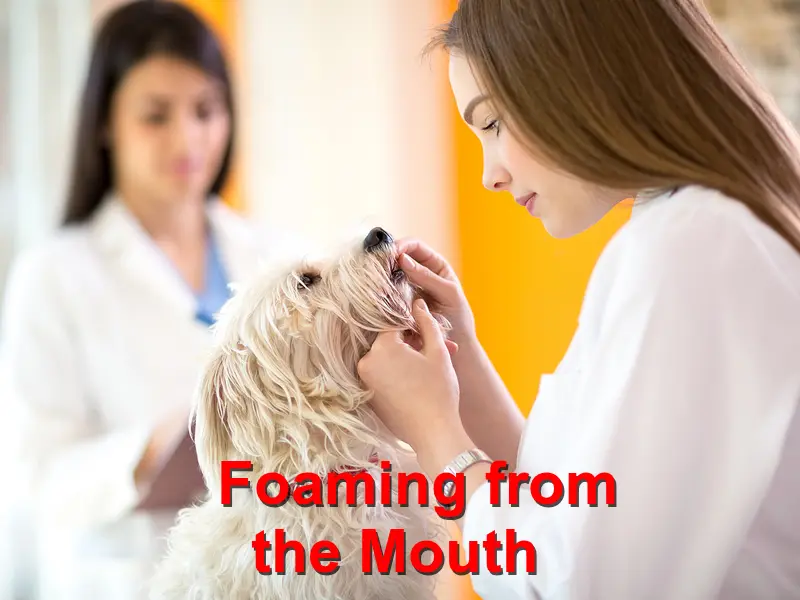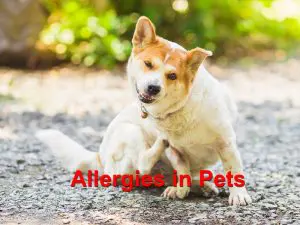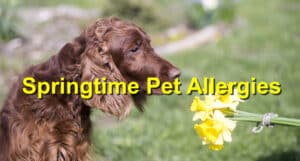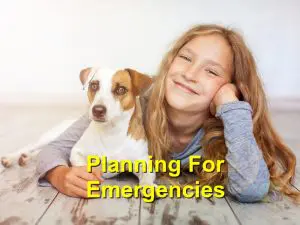Foaming from the Mouth Emergency in Braselton
Foaming at the mouth in dogs may be a reason to bring your pet to our Animal Emergency Care in Braselton. Dogs engaged in vigorous physical activity may foam at the mouth and drool simply because they are breathing heavily and taking in more oxygen than usual. This causes his saliva to foam up and appear outside his mouth. After resting and drinking water, his panting should slow down, which will eliminate foaming and drooling.
Upset Stomach and Foaming from the Mouth in Dogs
If a dog eats something that tastes terrible, he will naturally try to spit it out, pant, cough and do anything else necessary to get it out of his mouth. Foaming at the mouth and excess salivation will worsen the more distressed the dog becomes. Eating something spoiled may also cause nausea, salivation and foaming. When the dog finally vomits, he should feel better and stop foaming around the mouth. If the foaming doesn’t stop, seek emergency care at our Braselton animal hospital as soon as possible.
Stress and Illness
You may see foam around a dog’s mouth if he is under physical or emotional stress or sick. Heavy breathing provoked by stress, fever or seizure will produce foaminess around the dog’s lips and drooling. Dental problems such as gingivitis, tooth decay and painful cavities can increase salivation and panting, which quickly turns into foaming from the mouth.
Rabies
Signs of possible rabies infection in dogs include fever, extreme behavioral changes, disorientation and sensitivity to sounds. Foaming from the mouth occurs when rabies causes paralysis of the dog’s jaw and throat muscles.
A vaccine against rabies is available to prevent your dog from contracting rabies. Ask your Braselton vet about starting your dog on a regimen of rabies vaccinations.
Why Would a Cat Foam from the Mouth?
Like dogs, cats experiencing nausea, illness or stress may salivate excessively and foam at the mouth. Roaming cats are more likely to eat spoiled or toxic items, which could cause foaming at the mouth. Topical flea treatments, seizures, dental issues and rabies are other reasons you might see cats with foam around their mouth.
If your pet is foaming from the mouth and you aren’t sure why, please bring him to our Animal Emergency Care of Braselton for immediate, professional treatment. You can contact us at (470) 203-2011.




